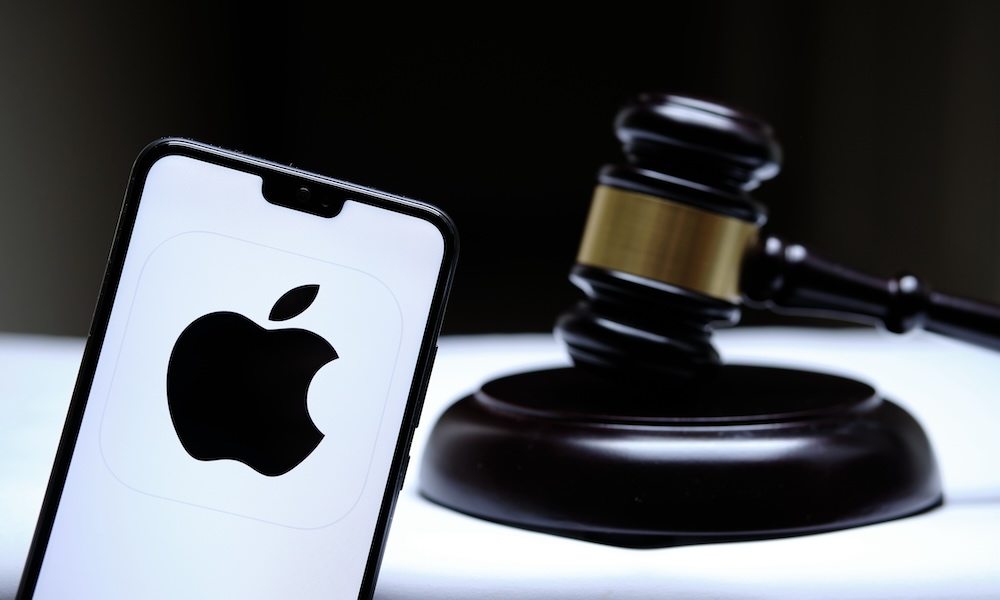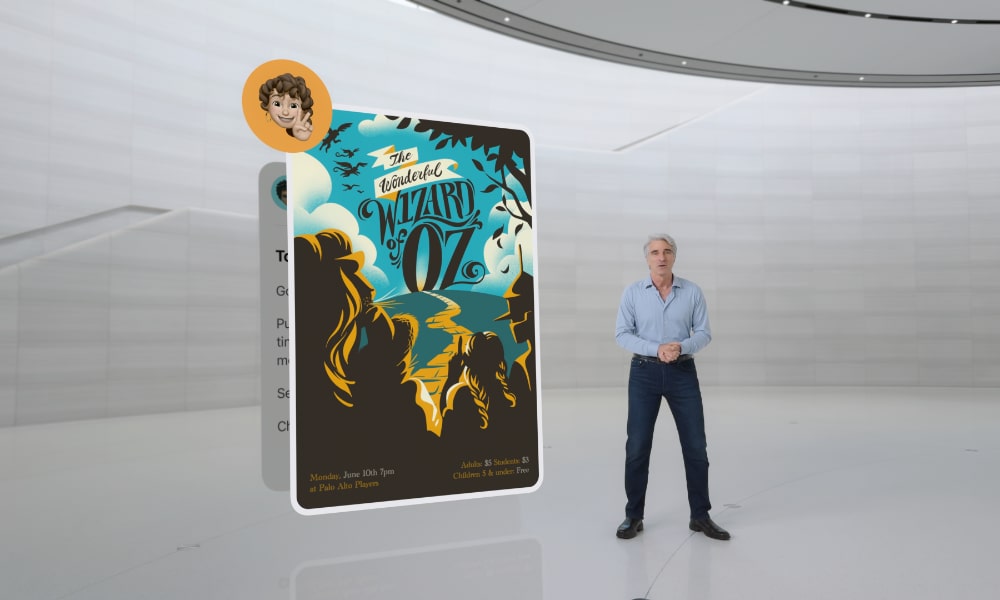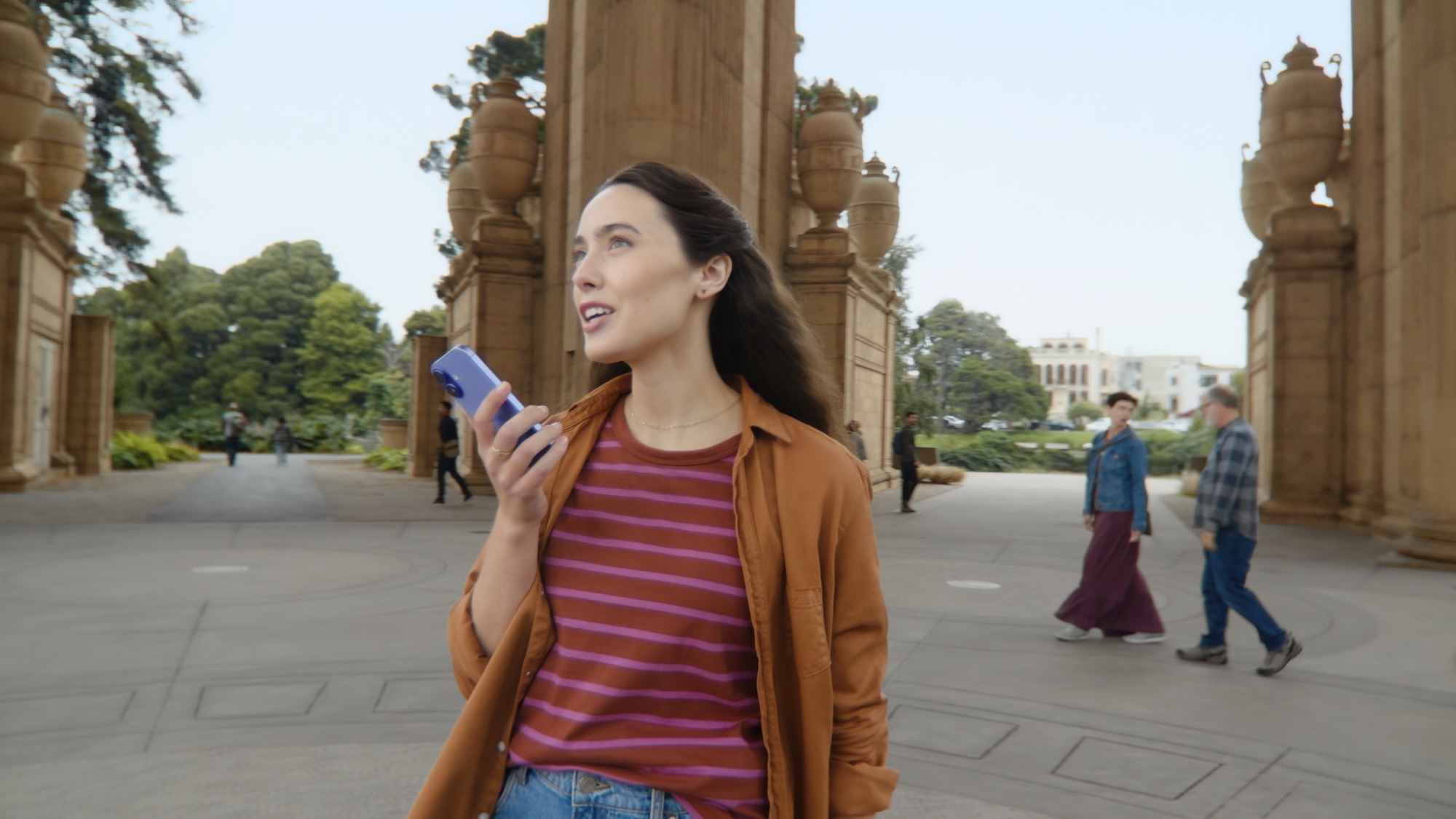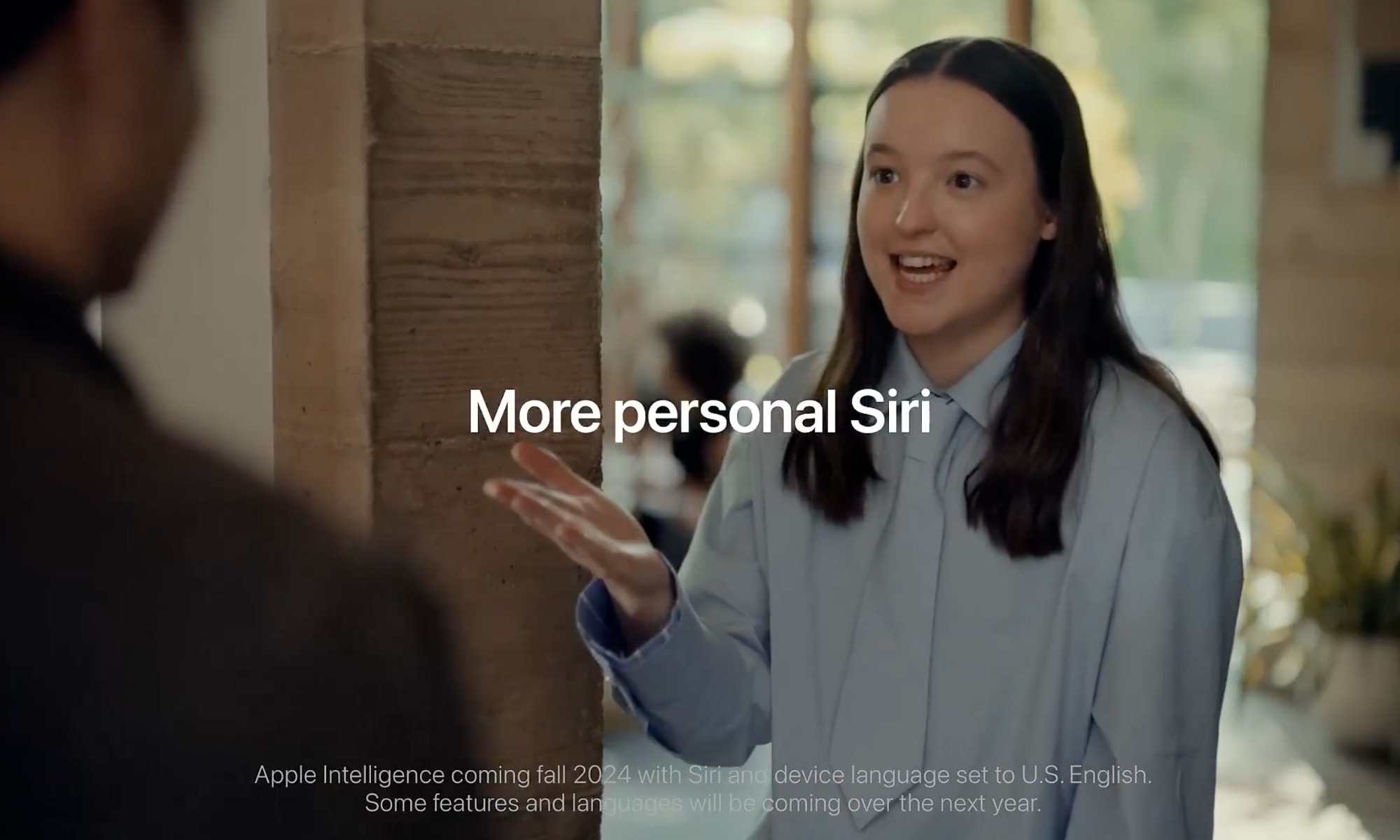Apple Is Being Sued for Falsely Advertising Apple Intelligence
 Credit: Ascannio / Adobe Stock
Credit: Ascannio / Adobe Stock
Toggle Dark Mode
Last year, Apple made a serious tactical error in its marketing and did something the company has almost never done: overpromise and underdeliver. Now, a new class action lawsuit is attempting to hold the company accountable for its failure to deliver on Apple Intelligence.
Apple’s June 2024 Worldwide Developers Conference (WWDC) was among the most exciting we’d seen in years as Apple unveiled Apple Intelligence, dubbed “AI for the rest of us.”
During that presentation, Apple showed off how iOS 18 and its brethren operating systems would bring new AI-powered Writing Tools, image generation, new photo tools, and even the ability to summarize audio recordings and phone calls.
As impressive as these were in how Apple presented them, they were also already table stakes in the AI game. Apple’s spin was new, but the tools were not. Nevertheless, there was one that really stood out: the company promised that Siri would finally become a real voice assistant.
Not only would Siri be able to better understand our requests, but it would lean on OpenAI’s ChatGPT to answer “world knowledge” questions and, most impressively, it would eventually be able to dig through the apps on our iPhones to ferret out information like a human assistant would.

Ask what time your kid’s play is, and Siri would scan your emails, messages, and calendar to find the relevant information and return a relevant answer. Go one step further and ask if you can make it for curtain time, and it would check your work schedule for the location of your last appointment and query Apple Maps for the expected travel time between that and the theater or school.
What Apple showed us was downright magical. There was only one problem: it didn’t exist.
The pre-recorded demo of a more personalized Siri was carefully scripted, but by all reports, the company had a barely functioning prototype at most. Apple execs presumably figured that was okay because the company had plenty of time to get it ready to ship. Over the years, Apple has set our expectations for major iOS releases so that most folks understand that “coming in iOS 18” doesn’t mean “in September.” Features often arrive in point releases, and that’s precisely how Apple Intelligence came. Apple made no commitments as to timing, but insiders said that the Siri improvements weren’t expected to be ready until iOS 18.4.
Even the initial wave of Apple Intelligence didn’t come until iOS 18.1 was released in late October. That included Writing Tools, summarization of notes and recordings, and the Photo Clean Up tool. December’s iOS 18.2 release brought us the AI image generation tools: Image Playground, Genmoji, and Image Wand. However, earlier this month, Apple had to concede that Siri won’t make the cut for iOS 18, and has likely been pushed off into sometime in the iOS 19 cycle — at best.

None of these delays prevented Apple from throwing glitter on the void. When the iPhone 16 launched, Apple couldn’t stop talking about how it was the first iPhone built from the ground up for Apple Intelligence, spending nearly half of its iPhone 16 presentation talking about the new AI capabilities — features that weren’t going to be available when the iPhone went on sale later that month.
While most of that time was spent on features like Writing Tools and Image Playground, which did eventually arrive, Apple’s software chief, Craig Federighi, did spend about 40 seconds of that time talking about Siri’s personal context feature.
Siri will be able to tap into your personal context to help you in ways that are unique to you. Like pulling up the recommendation for the TV show that your brother sent you last month. And Siri will gain onscreen awareness. So when your friend texts you about a new album, you’ll be able to simply say, ‘Play that.’ And then you’ll be able to take hundreds of new actions in your apps, like updating a friend’s contact card with his new address, or adding a set of photos to a specific album. With Siri’s personal context understanding and action capabilities, you’ll be able to simply say, ‘Send Erica the photos from Saturday’s barbecue’, and Siri will dig up the photos and send them right off.
Craig Federighi
With such an overzealous marketing push, it’s understandable how many consumers may have been misled to believe the advertised features should have been available on the iPhone 16 from day one. Now, some of those customers who bought a new iPhone have filed a class action lawsuit, seeking compensation for the features that were either delayed or are still missing.
According to Axios, the lawsuit was filed Wednesday in the US District Court in San Jose. It’s seeking class-action status so others can sign on who feel similarly misled by Apple’s marketing, and looking for “unspecified financial damages on behalf of those who purchased Apple Intelligence-capable iPhones and other devices.”
Apple’s advertisements saturated the internet, television, and other airwaves to cultivate a clear and reasonable consumer expectation that these transformative features would be available upon the iPhone’s release. This drove unprecedented excitement in the market, even for Apple, as the company knew it would, and as part of Apple’s ongoing effort to convince consumers to upgrade at a premium price and to distinguish itself from competitors deemed to be winning the AI-arms race.
Class Action Complaint against Apple
While the suit cites the entire suite of Apple Intelligence features as examples of Apple’s misleading marketing, it focuses primarily on the AI features that still haven’t shipped—specifically the Siri improvements—as the most egregious example of Apple’s “widespread deception.”
Contrary to Defendant’s claims of advanced AI capabilities, the Products offered a significantly limited or entirely absent version of Apple Intelligence, misleading consumers about its actual utility and performance. Worse yet, Defendant promoted its Products based on these overstated AI capabilities, leading consumers to believe they were purchasing a device with features that did not exist or were materially misrepresented.
Class Action Complaint against Apple
The complaint highlights the September Bella Ramsey ad that Apple recently pulled after it announced that the more personalized Siri wouldn’t be arriving on schedule. Apple acknowledges that but claims it’s not nearly enough.
Still, it has failed to retract all the similarly false representations in the market that began in the Summer of 2024, much less take any action that would adequately remedy the consumers harmed by the company’s widespread deception.
Class Action Complaint against Apple
As with all class-action lawsuits, this one will first need to be certified by a judge before it can even proceed to class-action status, after which it will be administered by the law firm that filed the suit, Clarkson, which has also bought suits against Google and OpenAI over their AI practices.
As aggressive as Apple’s marketing for Apple Intelligence was, the company did include disclaimers in every one of its ads to indicate that these were coming later. Language such as “coming fall 2024” or “coming next year” commonly appeared in the fine print. Lawyers for the plaintiffs will likely maintain that this was insufficient, especially given the sheer volume of advertising, but it will be interesting to see how the courts view this.








